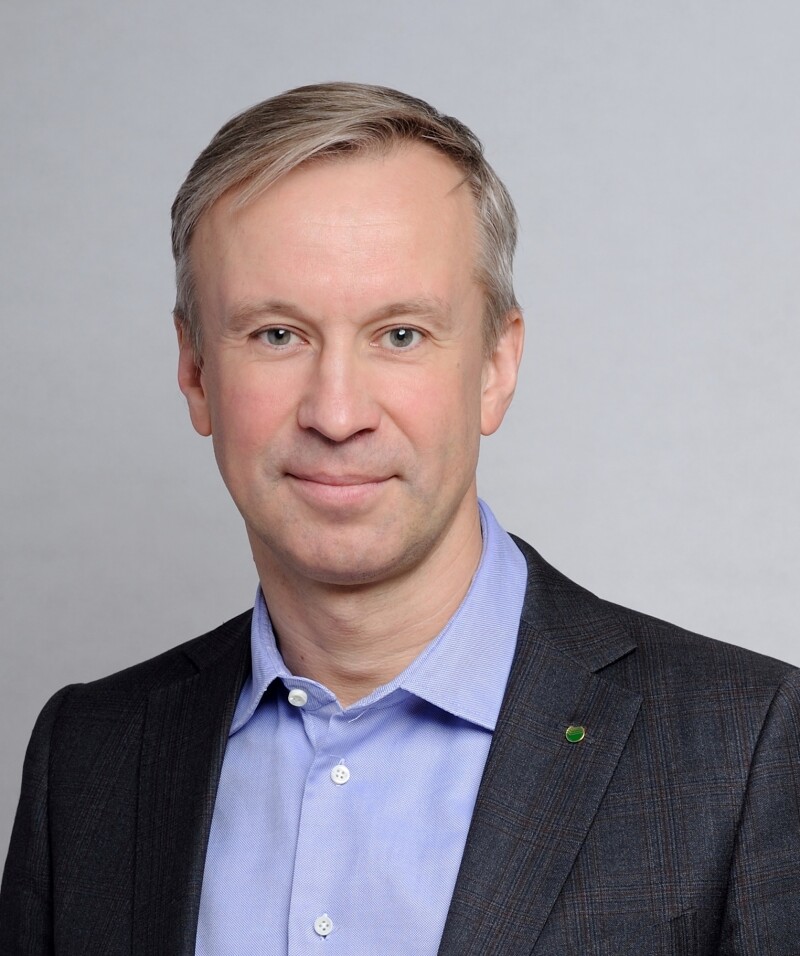Sberbank

In the five years since the inauguration of the BRI project, Sberbank has emerged as one of the main drivers of a new era of collaboration between Russia and China.
Under Igor Bulantsev, senior vice-president at Sberbank and head of Sberbank CIB, the state-controlled lender’s achievements include the establishment in 2015 of the Russian-Chinese Financial Council (RCFC). Set up as a joint venture with China’s Harbin Bank, the RCFC was formed to strengthen and expand ties between Russian and Chinese banks to promote the development of BRI.
It aims to boost international trade and increase trade volumes between Russia and China via interbank infrastructure development, client base diversification, and the identification and financing of Russian and Chinese trade and infrastructure projects.
Initially made up of 33 Russian and Chinese financial institutions, the RCFC now boasts 68 members in total, of which 10 joined in the period 2017 to 2018. These include Russia’s Sovcombank, Bank Otkritie and Credit Bank of Moscow, as well as China’s Bank of Qinghai.
Sberbank has also played a leading role in financing some of the key BRI infrastructure projects in Russia. In December, the first production train was launched at Yamal LNG, a liquified natural gas plant in northern Siberia owned by Russia’s Novatek, Total, China National Petroleum Corporation and the Silk Road Fund. A second production train was launched in August, boosting Yamal LNG’s annual capacity to 11 million tonnes. The final capacity of the facility is expected to reach 60 million tonnes.
The total cost of the project is $27 billion, of which $13.1 billion has been provided by the shareholders. Funding has also been provided by Chinese, Russian and European banks. Sberbank acted as one of the arrangers of the financing facility and committed €2.7 billion to the project, making it the largest non-Chinese lender in the group.